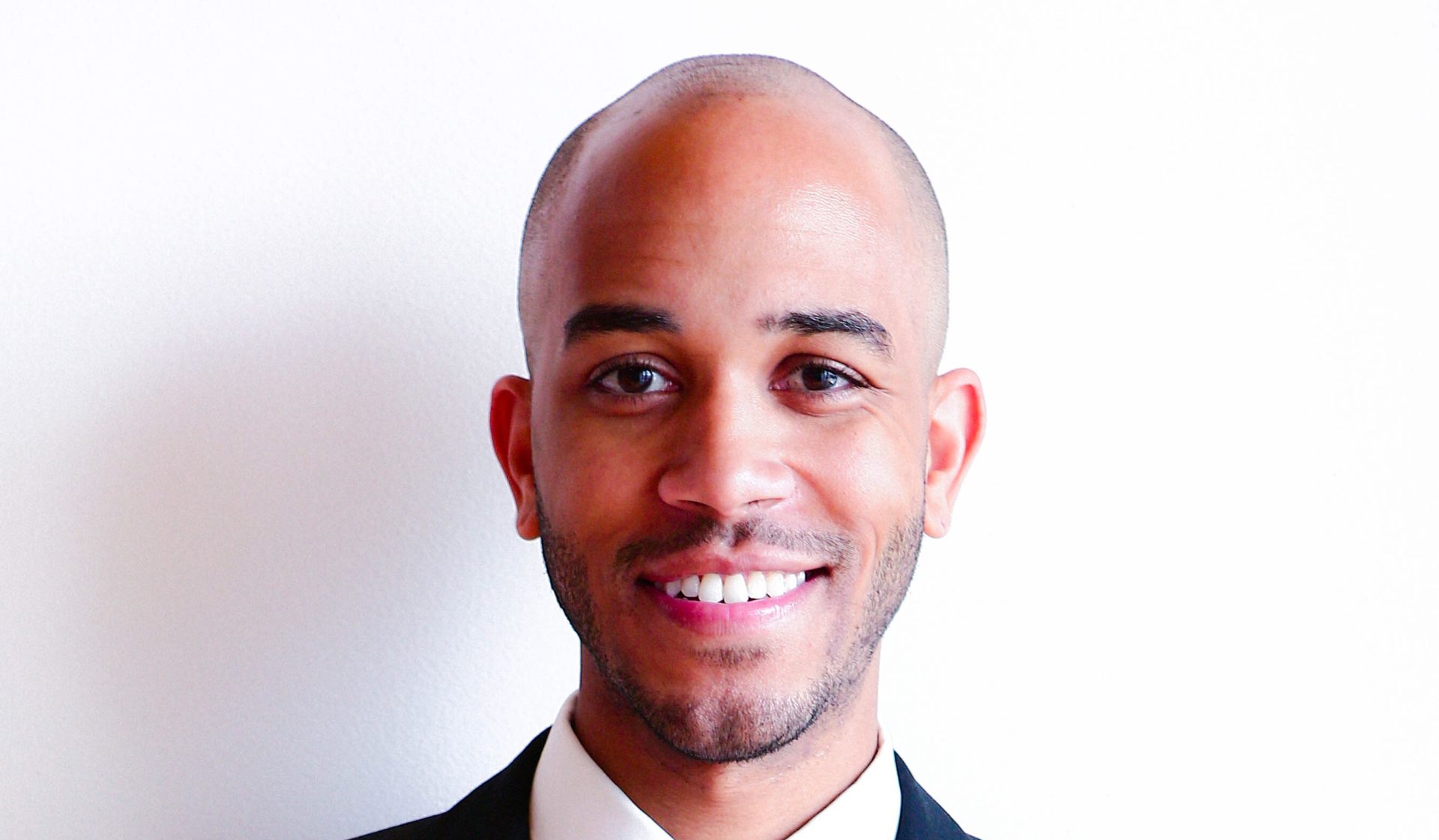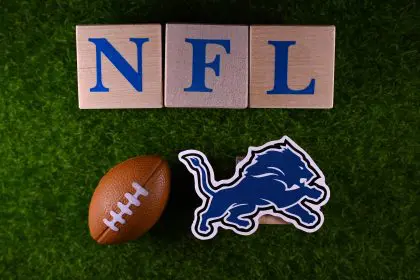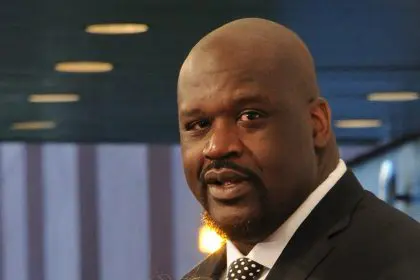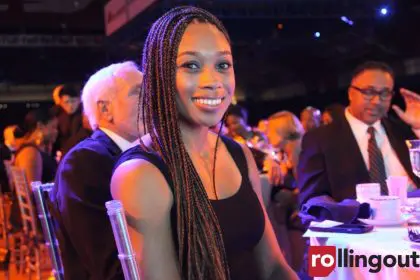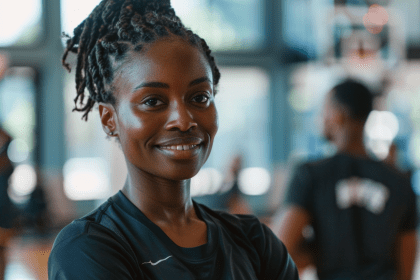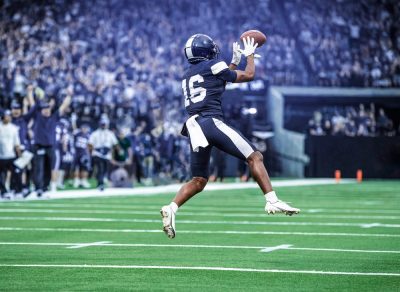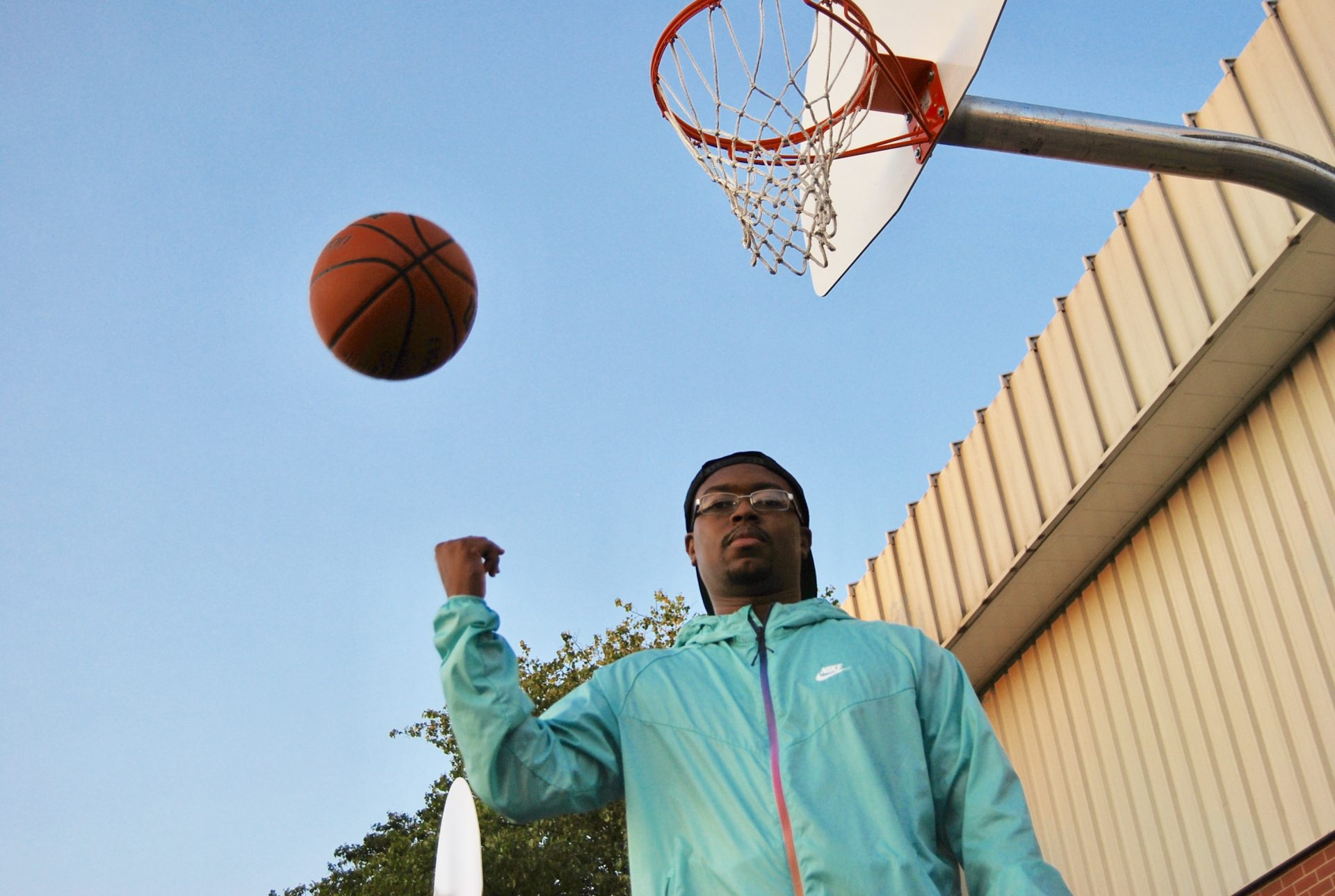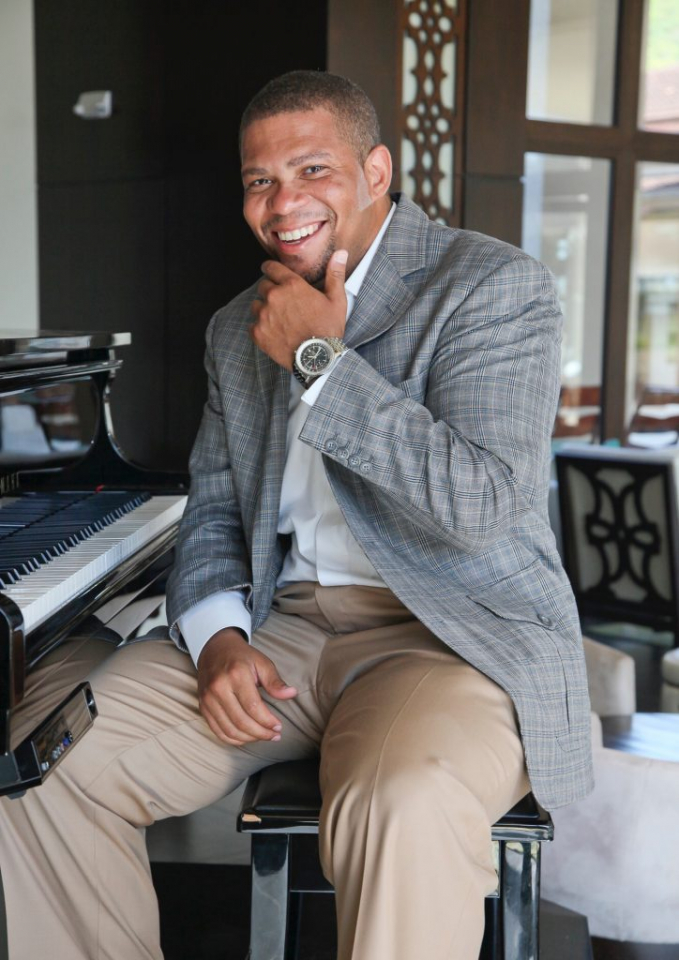
Individuals who have done well in life have a tendency not to blame outside factors or circumstances for bumps in the road. In fact, they do the opposite. If things don’t go right for them, it isn’t the fault of politicians, higher taxes or whatever else; they take accountability for what is going on in their lives and change it. Many successful people also place a higher priority on value than price. Take Leonard Edwards II, for example. From growing up on the hard streets of Chicago’s south side to walking the hallways of Harvard University and then interning at major sports brands for less than $1300 per month, Edwards knows exactly what it takes to be successful in his real-life pursuit of happiness story.
Rolling out had the opportunity to speak with Edwards about what drives his success.
So, what’s your story?
I am a Chicago native with 18 years professionals sports experience, beginning my career with an internship with the Chicago Bears in 2000 then with the Chicago White Sox and becoming the No. 1 intern. I currently work full time in professional sports on the business development side of the industry, mainly driving revenue, growing sponsorship profiles throughout the teams I work for and trading value for our clients. I am one of the senior executives on the sponsorship side for the Philadelphia 76ers, New Jersey Devils, and Prudential Center.
How did you get involved in your career?
A lot of it was strictly hustling and grinding trying to convince decision-makers that I belonged in this space. In a business that’s really about who you know, for me, it was more so about sacrifice, interning as many times as I could no matter the pay (or lack thereof). I interned four times only being paid for the last one — a salary of 600 bi-monthly ($512 after taxes). The main point is giving up your time, your [perceptions] of making a lot of money and staying focused on your goal. The first year I only made $13K.
I was raised by an amazing single mother on the South Side of Chicago. I was taught to survive so I just didn’t eat at times (couldn’t afford to) but I knew what I wanted so I stayed the task. When I got my first big break with the Orlando Magic, I had nothing. I moved into my apartment with no furniture — just clothes, my computer and my television. While the living situation wasn’t ideal, I survived. I slept on the floor, I did what I had to do until I made it. I did the little things other people weren’t willing to do I gave up my weekends, my late nights, I volunteered for every opportunity I could, and eventually, it paid off. I’ve secured over $4M in sponsorships in just two years. It hasn’t been easy but I’ve been consistently grinding for the last 16 years. It’s been a great run along the way and while my experience has been different from others, I appreciate that. One thing I am happy about is I haven’t cheated to get where I am, I worked hard, and nothing was given to me, I earned it.
Tell us about a time when things didn’t go the way you wanted.
There have been a lot of things that have happened to me that didn’t go the way I wanted. I wanted to be 40 under 40 and recognized by the sports business journal — that didn’t happen. I wanted to be a vice president before the age of 40 — that didn’t happen.
What has surprised you the most about your career?
How difficult it is and how far you have to go to get things done. In this business, you are given a company and you have to go figure out a way to build a relationship with the person who handles the marketing and advertising budget and drive revenue for your organization. The hardest part is not knowing how to put the puzzle together, but it’s fun. I like to call it … “legal stalking” to find out who these people are. I learned to aggressively go after what I want. It’s hard but rewarding. The second thing is I did not realize the level of what it would take to stay ahead and how much harder I [would have] to work to stay on top.
How do you manage work-life balance?
I do my best. Honestly, my work-life balance is all over the board right now. I work 65 hours a week and approximately 25 hours a week toward my education. [Edwards is currently working on a second master’s degree from Harvard University.] I find myself working off four hours of sleep but when I finally find time to relax, I break. I turn off everything and really just focus on myself. For me, it’s a mini-vacation or riding my motorcycle for wind therapy.
What is your greatest achievement?
Living to see 40. For me, you can have the awards, you can have things you accomplish, you can have all the money and all of that other stuff but at the end of the day — I could’ve been just another guy off the block living reckless but I am going hard at life. So my biggest accomplishment is being … on this earth and doing the things I love to do.
Who is your inspiration?
My grandmother, Theresa Olivia Smith, has inspired me to become the man I am today. My grandmother taught me about sacrifice. I still recall a day when I came home and found a lock on my power box as a result of my electricity being shut off. This was the first time in my 20 years of living on my own I had my electricity shut off. What was worse is it wasn’t shut off because I didn’t have the money — I just forgot to pay the bill. I’ve watched my grandmother for years do more with far less and I can honestly say she never let our utilities get shut off. While things were tight, she always made a way, so I felt embarrassed at myself for allowing this to happen and at that moment I vowed to get it together and never let anything like that happen again.
What’s next for you in your career?
I’m going to continue to make revenue and continue to make my staple in the industry as a revenue generator. Hopefully, [I will be] vice president in the future at my organization.
Follow Edwards on Twitter at @LeonardMEdwards

